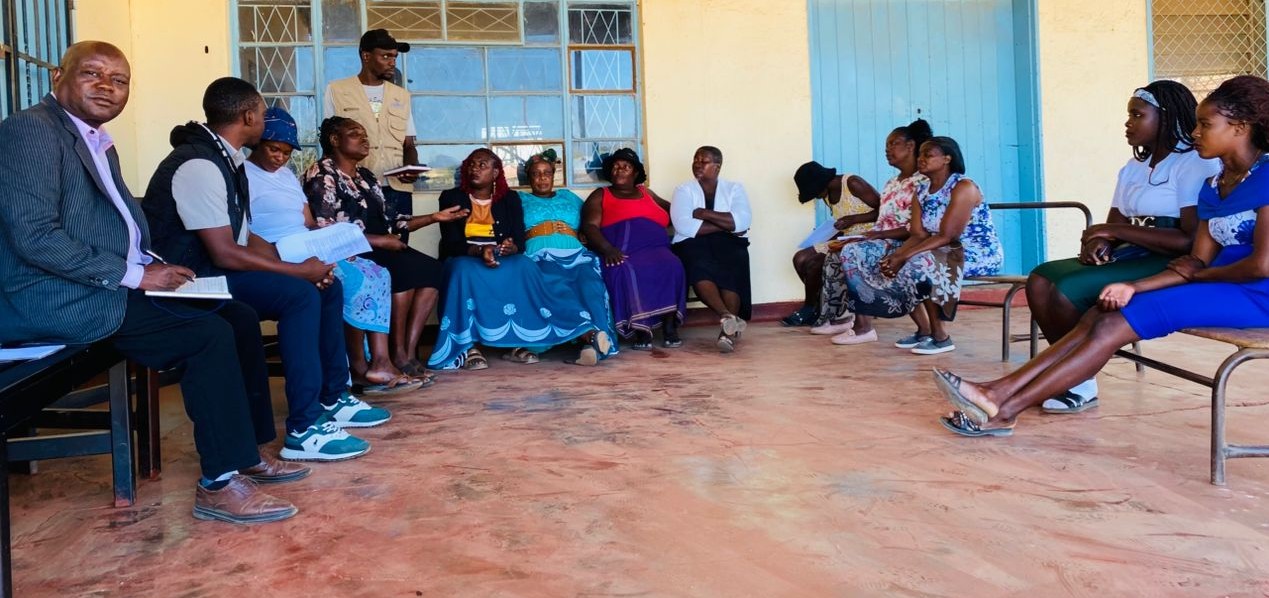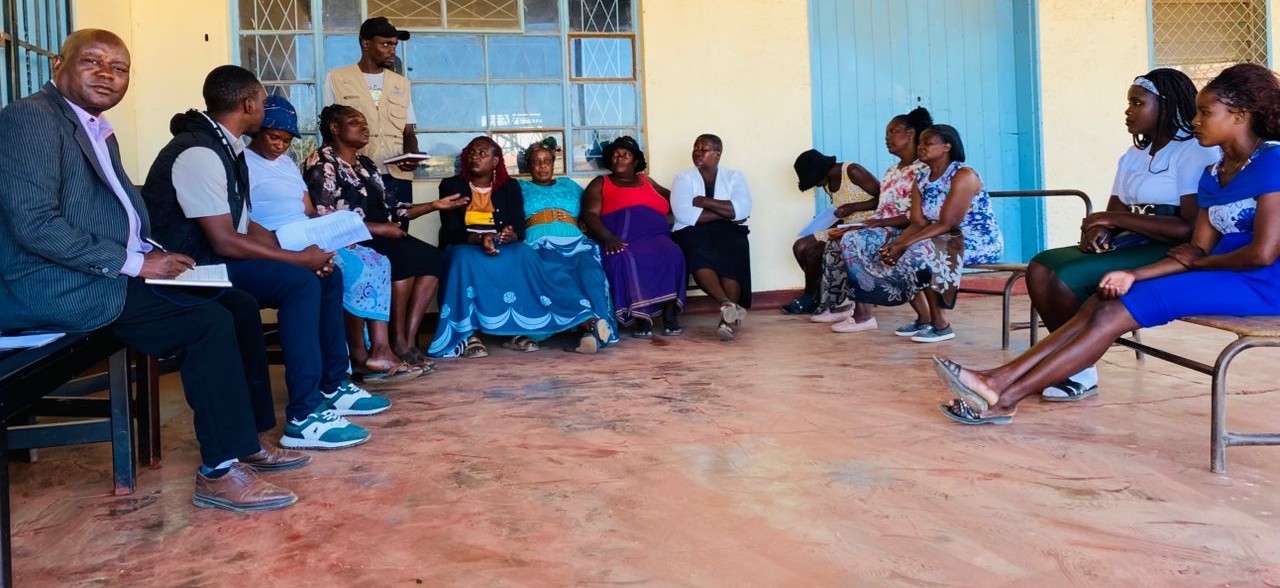EnviroPress Reporter
Mwenezi West Member of Parliament (MP) Priscilla Zindari-Moyo has urged government to help communities extract better value from their traditional grains by giving them access to relevant technology.
More commonly referred to as small grains, traditional grains consists of millet, sorghum and rapoko which are grown most dominantly in Mwenezi.
Zindari-Moyo (pictured) said although efforts to encourage more farmers to adopt traditional grains agriculture were being made, it would be more beneficial if farmers were empowered to handle their produce better.
“Traditional grains need better handling to make them more lucrative as an agricultural venture. The practice of heaping the harvest on the ground and then thresh it the traditional way is antiquated; it leads to many losses and does not promote the desired levels of hygiene. Our government should look into how farmers in places like Mwenezi can be helped to acquire the needed machinery,” she said.
She said selling raw grains as they are has been the practice from the beginning and that has not helped to improve the livelihoods of farmers.
“We have had this set-up whereby farmers harvest their grains and sell them on the market but we should have a shift from that. We need value-addition to give maximum benefits to our farmers who toil to produce the goods. This would lead to industrialization which is in line with Vision 2030 as championed by President Emmerson Mnangagwa,” said Zindari-Moyo.
She said she will help to organize farmers into cooperatives that will buy grinding mills so that farmers would finished products.
Ideally, she said, there would be factories preparing traditional grain meal into instant porridge for packaging and sale on the formal market.
Mwenezi’s fertile soils and below average rainfall makes it one of the most ideal places for traditional grain farming in the country but lack of lucrative market opportunities has seen farmers often getting ripped off.
The state-controlled Grain Marketing Board (GMB) has on many failed to pay for tonnes of delivered grain, thereby prejudicing many poor farmers of thousands of dollars..
Alternatively, farmers sell their sorghum mostly to Delta Beverages which needs the grain to produce maheu as well as its popular fermented opaque beers; Chibuku and Super, but many farmers complain that the company does not pay a fair price.
This project was made possible through a partnership with the Southern Africa Trust. The views expressed herein do not necessarily represent that of the Trust or its associates. www.southernafricatrust.org








